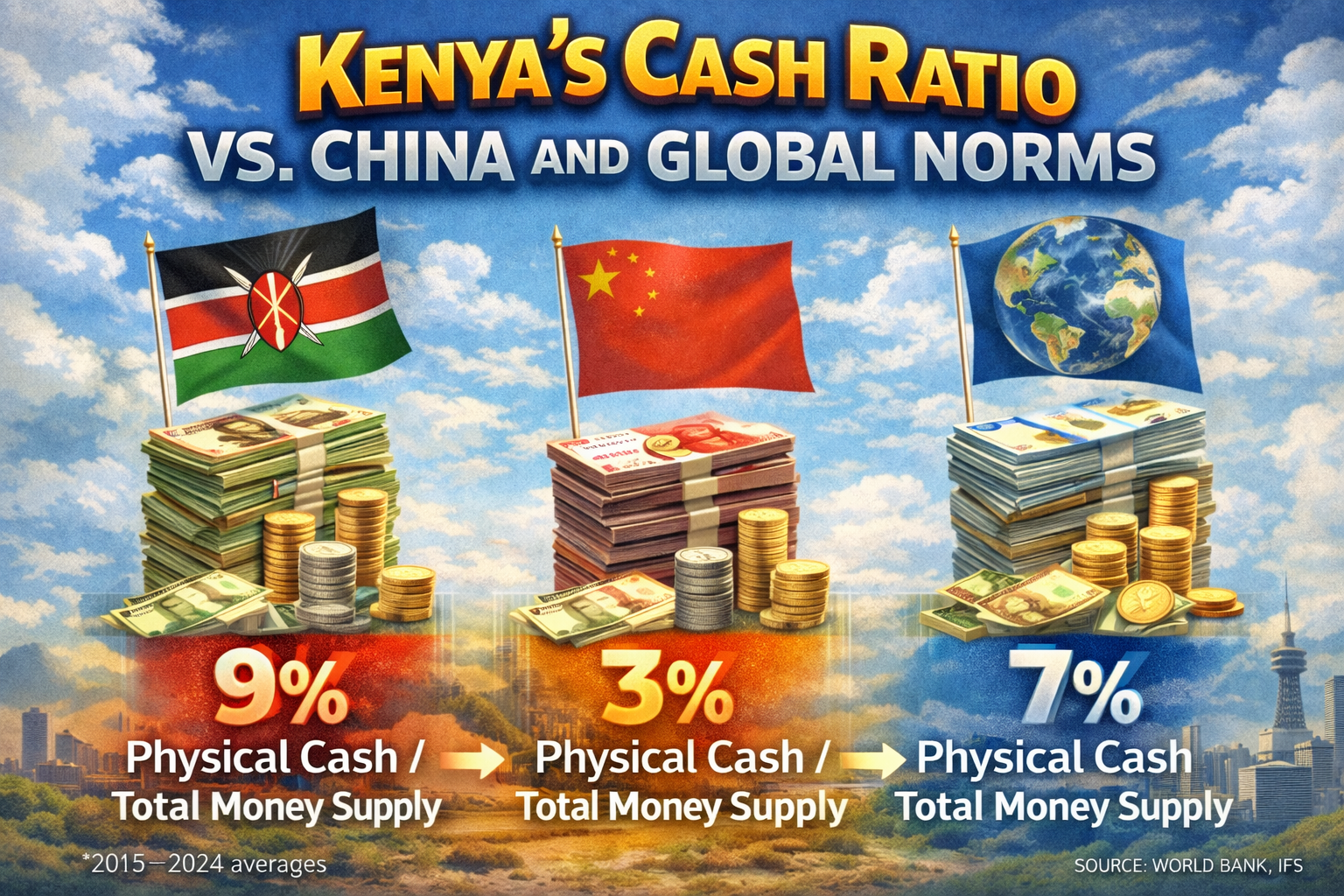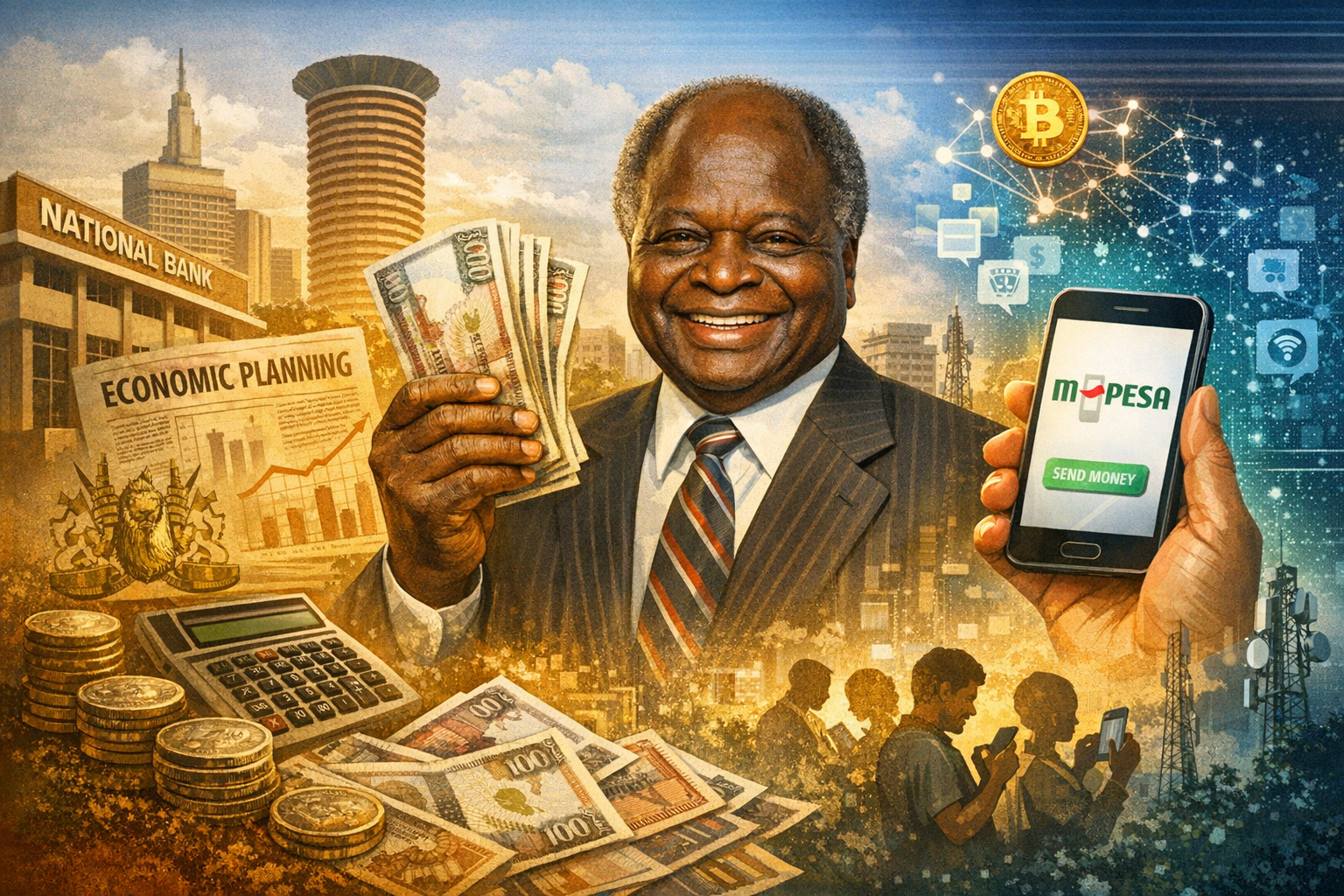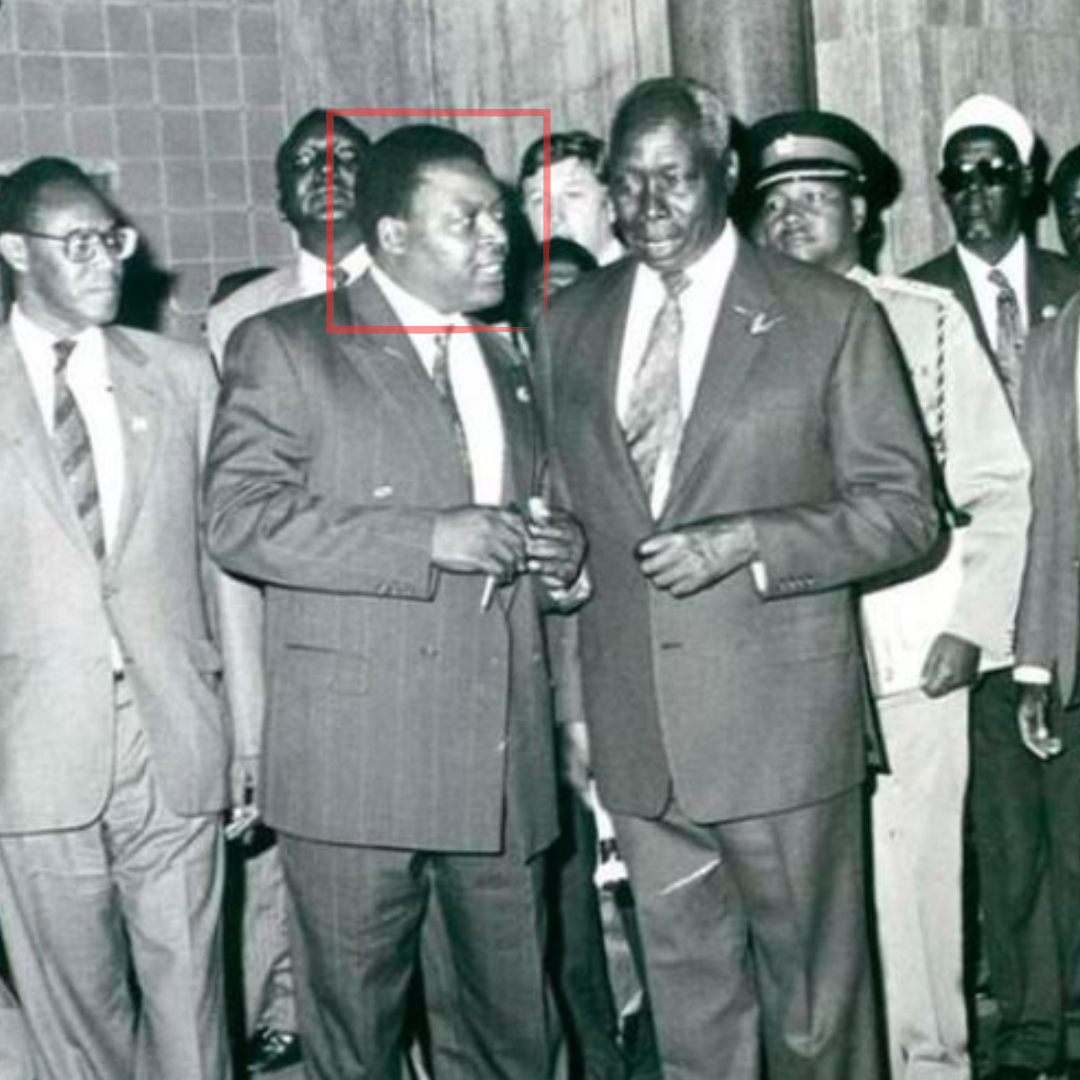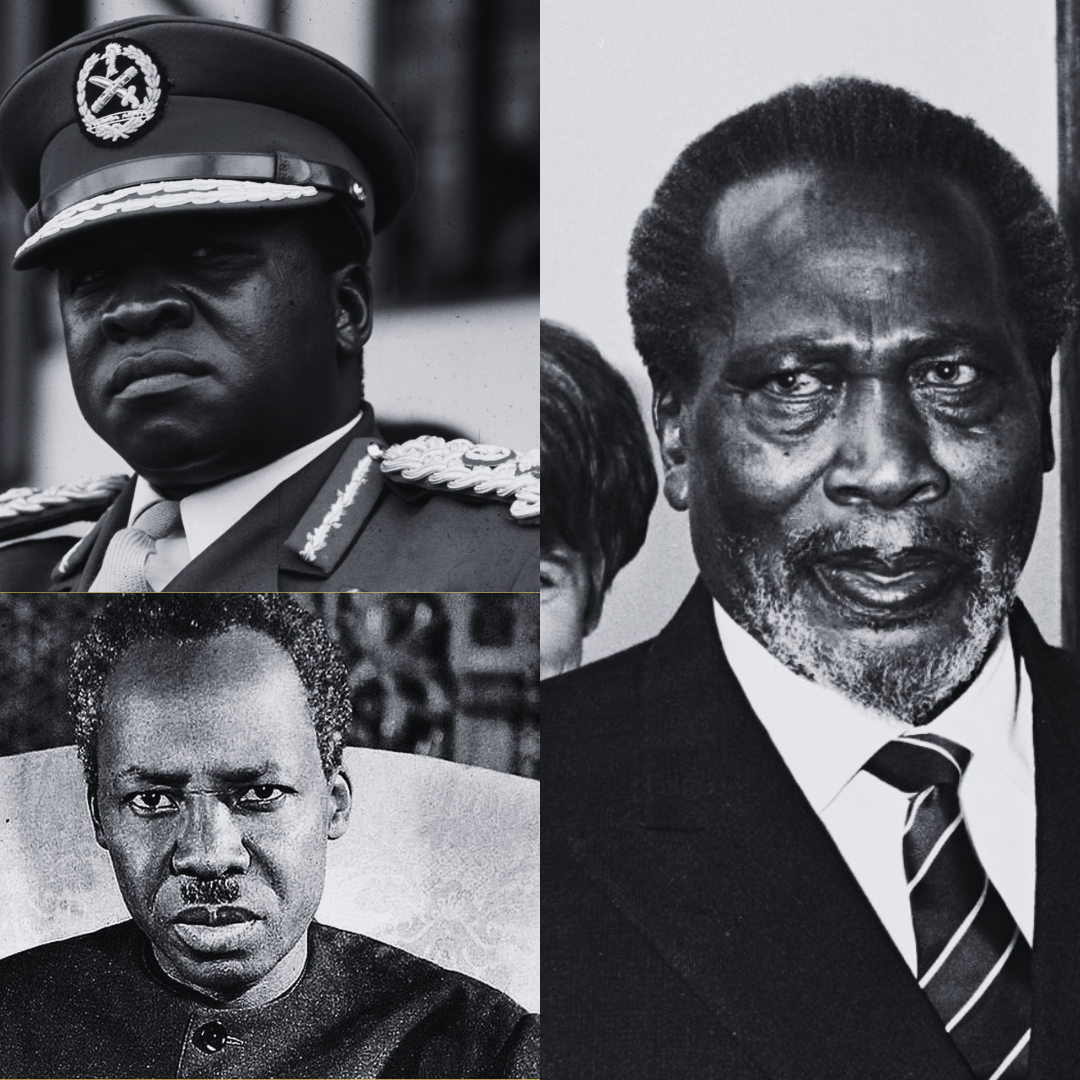Seduced by Foreign Allure: What a Viral Scandal Reveals About African Identity Crisis
A shocking scandal has been trending across African social media: a **Russian man identified as “Yaytseslav” secretly filmed intimate encounters with women in Kenya, Ghana, South Africa and beyond. Over the past few days, short video clips have circulated showing this man approaching young women in public – on city streets and in malls – … Read more










